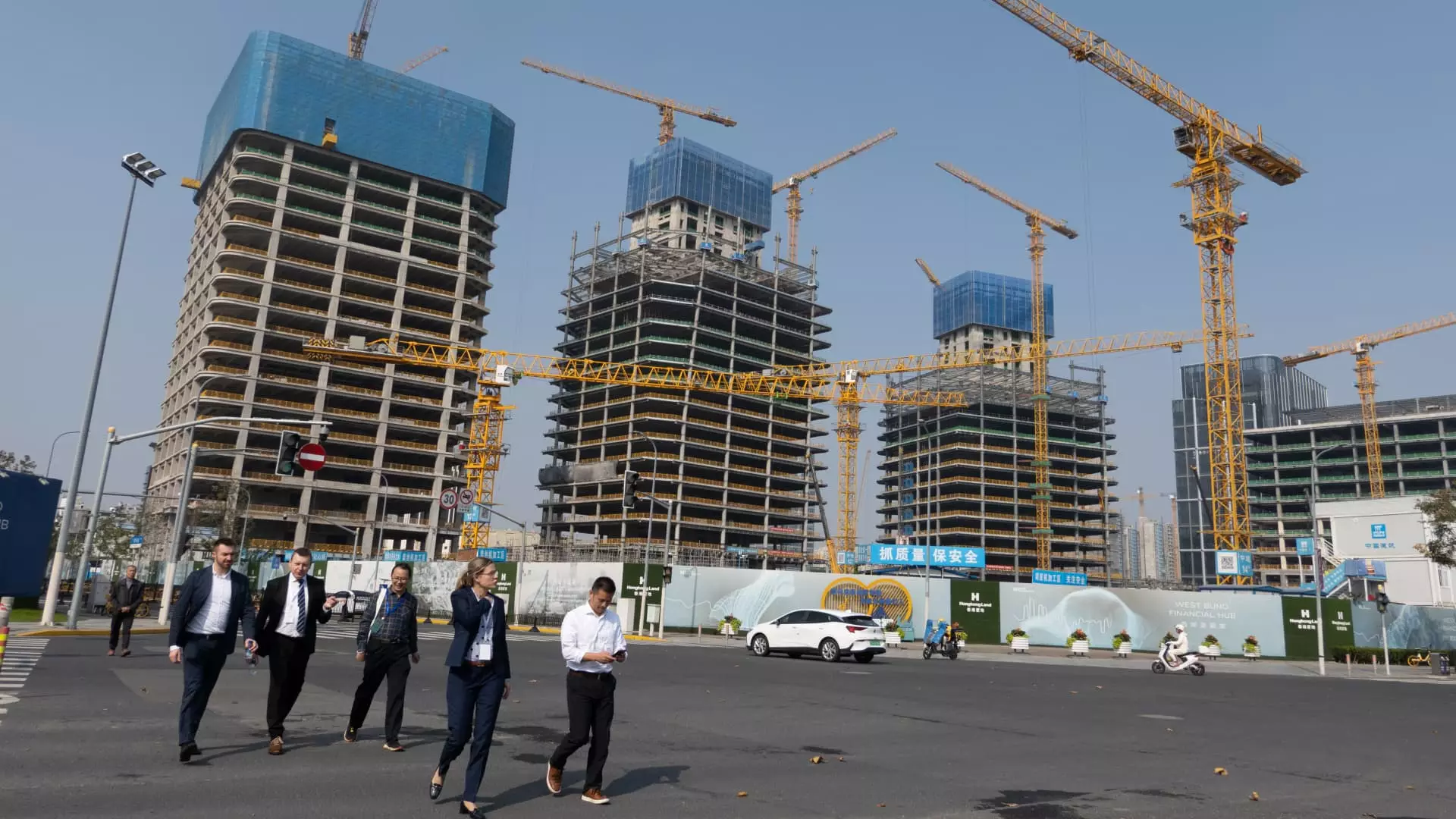As China’s economy grapples with various challenges, the government’s impending stimulus measures are drawing significant attention. Following the conclusion of a five-day parliamentary meeting, forecasts suggest that authorities are poised to unveil additional financial injections aimed at rejuvenating the ailing economy. With a history of economic resilience, this move highlights the ongoing struggles that have prompted officials to reconsider their fiscal strategies.
Since late September, the Chinese government has accelerated its announcements related to economic stimulus, culminating in a notable stock market rally. Central to this shift was a pivotal meeting led by President Xi Jinping on September 26, which underscored the necessity of bolstering both fiscal and monetary support mechanisms while concurrently addressing the stagnation in the real estate sector. In tandem with these measures, the People’s Bank of China has undertaken interest rate cuts aimed at stimulating economic activity. However, it is important to note that significant increases in government spending and debt still hinge on legislative approval from the National People’s Congress.
Within the framework of the legislative session, key discussions have emerged around enhancing the debt ceiling for local governments. This is particularly relevant given the alarming estimates of hidden debt levels in China, which Nomura analysts have pegged between 50 trillion and 60 trillion yuan ($7 trillion to $8.4 trillion). A past precedent from last October’s parliamentary meeting resulted in an increase in China’s deficit to 3.8%, showcasing the government’s willingness to adapt financially during turbulent times. As new approvals are anticipated, local governments may receive an opportunity to issue an additional 10 trillion yuan in debt. Notably, this strategy is not merely a bailout; it aims to alleviate existing debt burdens, potentially saving regional authorities a significant amount in interest payments.
Despite the optimistic projections surrounding fiscal support, some analysts express caution regarding the government’s approach to direct financial assistance for consumers. The complexities of local government debt, exacerbated by the Covid-19 pandemic and the resultant economic slowdown, have placed constraints on public finances. Minister of Finance Lan Fo’an has publicly emphasized the necessity of addressing these local debt issues, foreshadowing a measured response from authorities concerning direct consumer stimulus. This cautious attitude may stem from a desire to maintain fiscal sustainability while still pursuing growth.
China’s economic policies are evolving in response to both domestic challenges and external pressures, such as the potential for tariffs from the newly elected U.S. administration. The dual pressures of stimulating an economy while managing local government debt present a complex dilemma for policymakers. As anticipated stimulus measures take shape, the focus will remain on balancing immediate economic recovery with long-term fiscal health. Only time will reveal the effectiveness of these strategies as China charts its course through an uncertain economic landscape.

